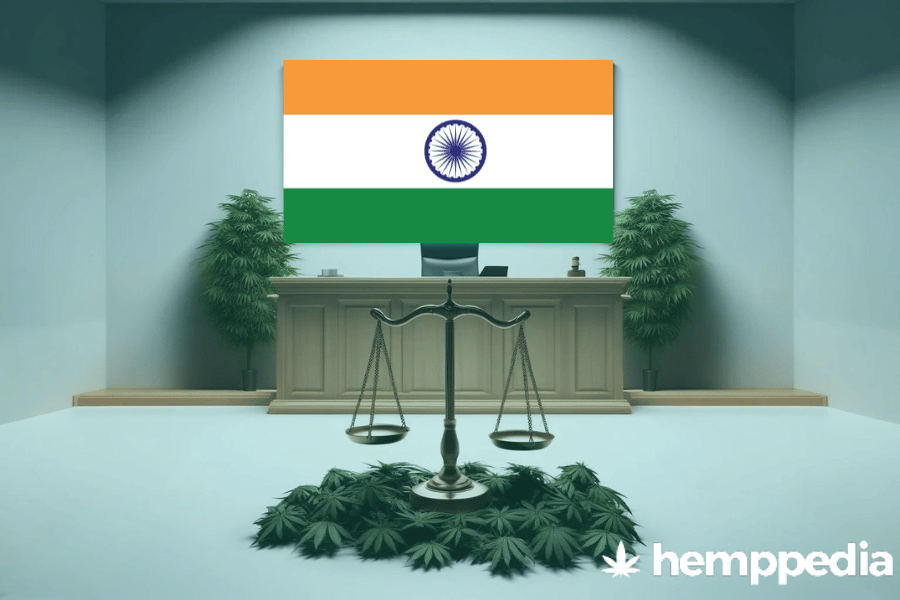TL;DR
In India, both recreational and medical cannabis usage are largely prohibited. However, the Indian government allows for the usage of bhang, a traditional drink made from cannabis. An overview of the legality status is as follows:
| Recreational Use | Medical Use | |
|---|---|---|
| THC | Illegal | Illegal |
| CBD | Illegal | Partially legal |
Introduction
As discussions around the world continue regarding cannabis legalization, it’s crucial to understand the laws of each country. Over the past few decades, a significant global shift toward both stricter regulations and a more relaxed attitude about cannabis can be seen. This article will provide a comprehensive guide to the legal situation of cannabis in India.
Overview of Cannabis Legislation
With increasing visibility in global discourse, it’s important to note key terminologies—legalization denotes making cannabis use legal by law, whilst decriminalization means the act of removing legal penalties against it. Medical use refers to the use of cannabis as pharmaceutical drugs to treat diseases, whereas recreational use means cannabis consumed for inducing relaxation and recreation.
State-Specific Legal Details
Legal Status
India follows a semi-prohibitionist approach to cannabis, with few exceptions. The Narcotic Drugs and Psychotropic Substances Act, enacted in 1985, details the legality of cannabis, source.
Historical Context
Historically, cannabis has deep-rooted cultural and traditional significance in India. However, it was criminalized in the mid-1980s due to mounting international pressure to follow the global war on drugs.
Possession and Use
According to current Indian law, any form of cannabis possession, except for bhang, is illegal. Consumption is limited to private premises, with strict penalties for public consumption.
Cultivation and Distribution
Producing cannabis for commercial purposes stands illegal in India. However, the cultivation of hemp for industrial uses is permitted in certain states, subject to licensing.
Enforcement and Penalties
Harsh penalties, including imprisonment and substantial fines, are imposed for violating India’s anti-cannabis laws.
Medical Cannabis
In India, medical usage of cannabis is not widespread, as only certain pharmaceutical products derived from cannabis are permitted.
Social and Economic Impact
While hard data is limited, a number of studies highlight the potential economic benefits of legalizing cannabis, including a decrease in drug-related crime and economic growth from sanctioned cannabis sales.
Comparative Analysis
In comparison to global counterparts such as the Netherlands, United States, and Canada, India’s anti-cannabis stance seems rigid. However, cultural acceptance as seen in the usage of bhang indicates a complex scenario.
Future Outlook and Ongoing Debates
Debates continue as cannabis activists and healthcare professionals push for medical cannabis legalization. Ongoing research in the medical value of cannabis might influence future policy changes.
Conclusion
India’s approach to cannabis remains largely conservative. However, the changing global landscape and evolving scientific understanding of the plant’s medicinal properties may influence future laws in the country.





